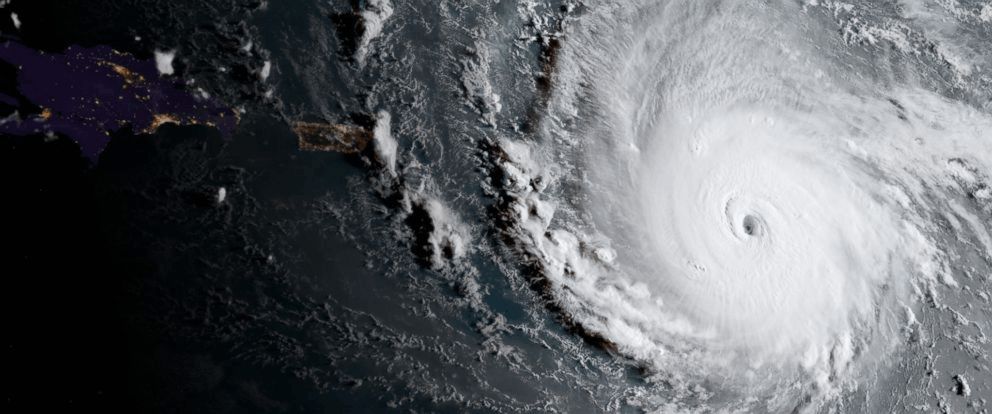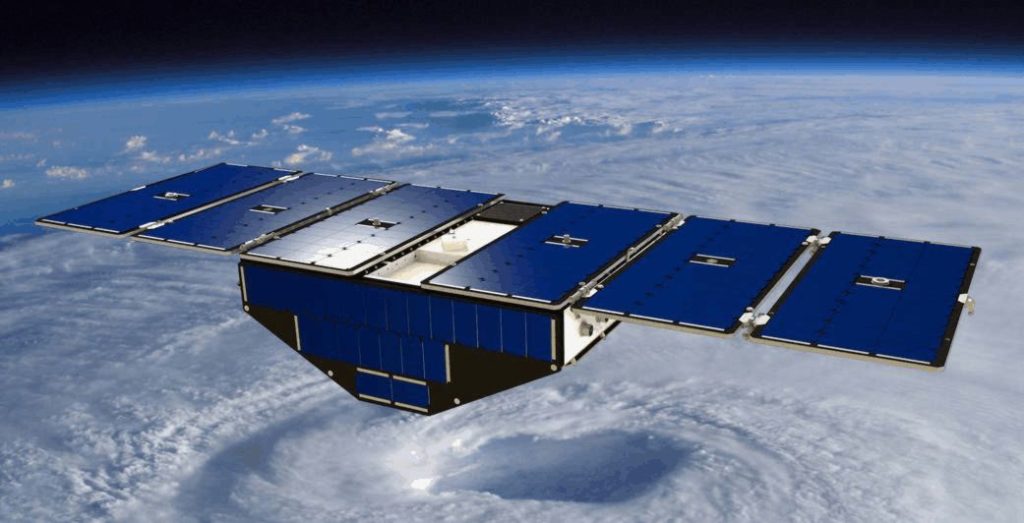My wife Ann and I have accepted a challenge that will divert my energies from the CCG. Continue Reading →
Views: 328
My wife Ann and I have accepted a challenge that will divert my energies from the CCG. Continue Reading →
Views: 328
GWPF newsletter – republished by permission
The GWPF newsletter is essential for keeping up with developments in climate change. This edition reveals that by rejecting agreements that would cripple its electric power supply, Australia supports a wave of realism that is transforming climate policy around the world. We learn about Norwegian voters’ rejection of the Greens’ campaign to abandon oil and gas exploration and phase out the Norwegian oil industry in 15 years, and hear yet more evidence that climate fluctuations over the last 100 years invalidate the current alarm. — RT
|
Views: 213
Borrowed from WUWT – republished with gratitude
Issuing directives “banning” perfectly legal products, like petrol-powered vehicles, is economically, socially and politically unwise. Politicians of a dictatorial bent are well advised to avoid it and leave such decisions to the instincts of a free market. Our friend Dr Mike Kelly tells us it takes, on average, about forty years for the infrastructure to support a new technology to thoroughly permeate through a country. For example, petrol stations, repair workshops, electricity distribution, airports, and so on. If all-electric cars become compulsory before charging stations are available, there will be trouble, as Eric Worrall discusses in relation to hurricanes. — RT

Image from Tesla’s website
Guest essay by Eric Worrall
First I want to make it clear that I think Tesla responded to Hurricane Irma with exemplary good faith, sacrificing their future profits to send drivers of cheaper Tesla models a free range upgrade, to help them escape Hurricane Irma. But the urgent Florida hurricane evacuation may have inadvertently highlighted an unexpected and potentially catastrophic risk associated with government policies which seek to switch drivers to electric vehicles.
Continue Reading →
Views: 713
GWPF newsletter – republished by permission
The GWPF newsletter is compulsory reading for those wanting to understand climate change. The latest version of WordPress provides an insanely simple way to keep the illustrations intact and I hope you read it with delight. — RT
|
Views: 189
GWPF newsletter – republished by permission
The GWPF newsletter is a must-read for anyone wanting an objective analysis of climate change news. The illustrations have been removed and longer extracts shortened but links to the full posts have been retained. I hope you peruse it with pleasure. — RT
|
Views: 156
An editorial in the NZ Herald this morning made alarmist statements about climate change which the writer knew were wrong. If he did not know, he should have known.
Views: 185
We congratulate our friend Terry Dunleavy for his breakthrough in persuading the NZ Herald to publish his letter. Continue Reading →
Views: 728
I went looking for the freshest image of Irma. NOAA posted this geocolour image of Hurricanes Irma and Jose from GOES-16 “on the evening” of September 9, 2017. Since I’m posting it about 3.00 pm Sunday, NZT, current Florida time is 11.00 pm Saturday, and evening might be, say, 6.00 pm to 9.00 pm, it sounds as though the pic was snapped up to about five hours previously. Continue Reading →
Views: 152
GWPF newsletter – republished by permission
The Global Warming Policy Foundation is chaired by Lord Lawson and managed by Dr Benny Peiser, a man of seemingly boundless energy. They have a long list of scientists and other experts to call on for advice. The GWPF newsletter is a high-quality round-up of the mos significant climate-related news and a dependable source of scientific information with informed, level-headed analysis on a range of climate change topics covering science, policy, energy and economics.
Like many readers, I find the GWPF newsletter tremendously informative and often read it from cover to cover. It deserves the widest possible distribution. Here is the latest edition: the longer extracts have been shortened but the links retained, including one where you can sign up for your own copy.
Republishing should introduce it to even more New Zealanders and encourage discussion. I hope you enjoy it as much as I do. — RT
|
Forecasts for an El Nino this winter have given way to the prospect of more La Nina-like conditions as sea surface temperatures in the central-eastern Pacific cool rapidly. Surface temperatures in the critical area of the Pacific have fallen to 0.2 degrees Celsius below average, down from 0.7 degrees above average in the week centred on June 28. The rapid cooling has forced meteorologists to reassess the outlook for the northern hemisphere winter. —John Kemp, Reuters, 5 September 2017
South Africa is set for its biggest maize crop harvest on record following improved weather conditions. At least 16.4 million tonnes of maize can be expected from the maize belt this season. Almost 60 percent of the yield will be white maize, which is the regional staple used for human consumption. —The South Africa, 1 September 2017
In 2015, a vicious El Niño weather pattern swept across southern Africa. When it intensified the following year, it caused severe droughts and threatened the food security of millions. But in 2017, that trend is set to reverse. South Africa is expecting a 15.63m tonne maize harvest, the highest yield of the crop ever. Now 85 percent of South Africa’s crop is genetically modified, with even Malawian and Zambian farmers taking up higher-yield seeds at a rapid rate. With the surplus, maize prices have dropped some 60 percent since last year. While this is good news for some consumers, for farmers it is making it hard to balance accounts. The solution: look to export the bumper crop. –Charlie Mitchell, This Is Africa, 27 June 2017 |
Views: 986
From a sparkling interview by James Delingpole in the Spectator. Do read it.
Climate change was so serious a threat, he told the Guardian in 2010, that democracy might have to be ‘put on hold’.
Within two years he’d had a remarkable change of heart. ‘All right, I made a mistake,’ he told the cable channel MSNBC. He still believed —and continues to believe — that manmade carbon dioxide is a problem that needs addressing. But we’ve plenty of time to do something about it before any dangerous effects are felt, and in any case, the cures being advanced by green zealots are often worse than the disease itself.
One of his main bugbears is biomass, such as the woodchips from old oak forests in the US, which are shipped across the Atlantic to be burned for electricity at the Drax power station: ‘This is one of the most monstrous examples of green absurdity that I know of. It’s wicked!’
He said, by the way, the answer’s nuclear.
Views: 266

Hurricane Irma entering the Caribbean yesterday. That’s Puerto Rico you can see, just outside the ragged cloud bands. Irma is truly enormous.
Hurricane Irma moved into the Caribbean yesterday, swallowing the outer islands, up to the Virgin Islands. Lined up ahead of it are the Dominican Republic, Haiti and Cuba, with Florida out of the image just to the north.
Views: 164

CYGNSS Hurricane Mission. Cyclone Global Navigation Satellite System satellite orbiting over a hurricane. They’re very big, hurricanes.
No, Jack. There’s no evidence to support your outrage this morning. Your description of the problem is simplistic — indeed, it’s raw scare-mongering. Above all, it’s dead wrong.
You make major mistakes but I’ll be charitable and assume you are unaware of the truth, though it’s a bad thing for a journalist. Continue Reading →
Views: 677